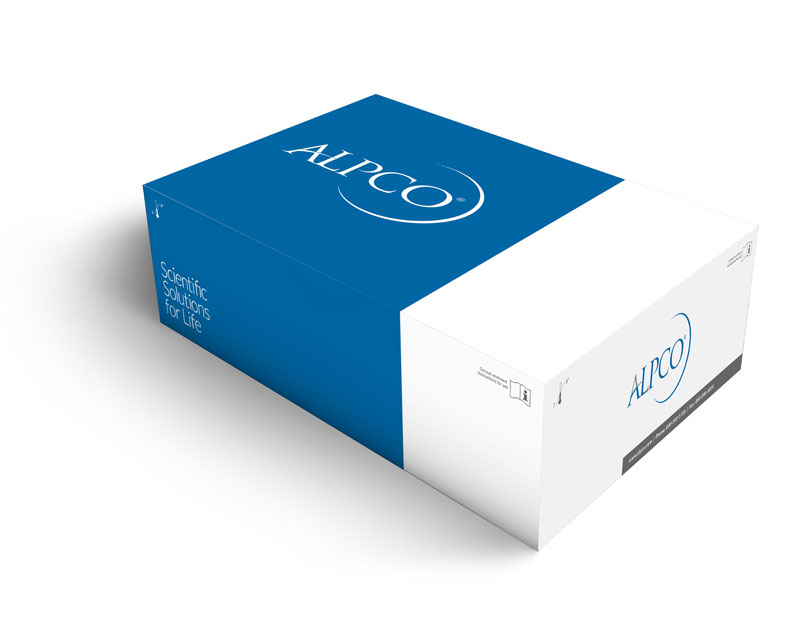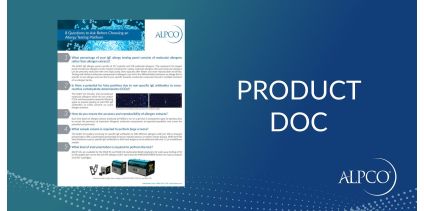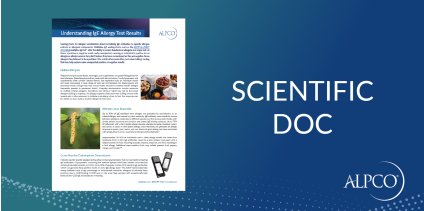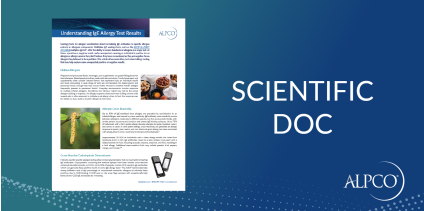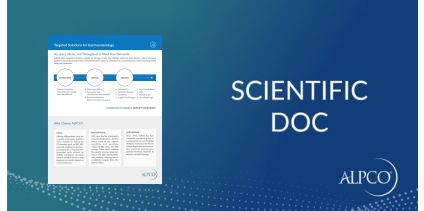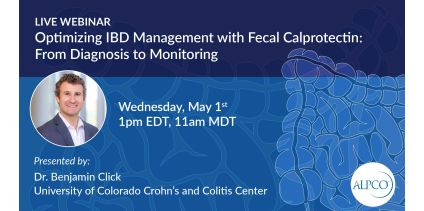Cell Proliferation & Toxicity Assay (EZ4U Assay)
$284.00
Catalog
04-BI-5000
The Cell Proliferation & Toxicity Assay (EZ4U Assay) is non-radioactive Cell proliferation and cytotoxicity assay that is similar to the method designed to measure thymidine incorporation into Cellular DNA. The EZ4U assay is performed in a 96-Wells plate and the color change (derived from the reduction of tetrazolium salt to colored formazan) is detected in a microplate reader with results in 2 to 5 hours, depending on cell type and metabolic capacity. For Research Use Only. Not for Use in Diagnostic Procedures.
Species
Human
Regulatory Status
Research Use Only. Not for Use in Diagnostic Procedures.
Product Distribution
Available in North America Only
Sizes
96 Wells
Sample Types
Cell Culture
Inc Time Hour
2
Inc Time Overnight
No
Inc Time See Protocol
No
Sample Size
200
Proliferation assays are widely used in cell biology for the study of growth factors, cytokines, nutrients and for the screening of cytotoxic or chemotherapeutic agents. There are several ways to determine the number of cells either by microscopic inspection, or by the use of an electronic particle counter, indirectly by measuring the incorporation of radioactive precursors, quantitating total protein with chromogenic dyes, or by measuring metabolic activity of cellular enzymes. The most common assay for cell proliferation is the incorporation of 3H-thymidine into cellular DNA. The 3Hthymidine assay is labor-intensive as it requires the removal of excess, unincorporated label by using some method of cell harvesting before measurement. In 1956, the first paper was published on the use of tetrazolium salts as indicators of cell viability. The method was based on the finding that living cells are capable to reduce slightly or uncolored tetrazolium salts into intensely colored formazan derivatives. This reduction process requires functional mitochondria, which are inactivated within a few minutes after cell death. This method therefore provides an excellent tool for the discrimination of living and dead cells. However, the early tetrazolium salts did have some disadvantages, such as the insolubility of the resulting formazan products. Time and labor-consuming resolubilisation procedures were necessary, including repipetting and mixing, or the application of hazardous solubilisers. This necessary post assay treatment, however, irreversibly terminated cell proliferation and thus made it impossible to prolong incubation in order to achieve an increase in sensitivity or continue cell culture. These inconveniences led to the development of non-toxic tetrazolium salts which yield soluble reduction products. Although the assay procedure was made easier by these soluble dyes, in practice the use was limited due to the instability of the formazan dye and a relatively low absorbance of the end product as compared to the classical MTT assay. The BIOMEDICA research department has solved both problems and created an easy to use, rapid and reliable non-isotopic cell proliferation assay. For convenience, we have made it highly compatible with the standard thymidine incorporation assay. Therefore, no changes are required in the setup of the test and in the "labelling" procedure. Furthermore, there is no need for the removal of culture medium before or after the addition of the chromogenic substrate and neither solubilisation nor harvesting procedures are necessary. The work performed by BIOMEDICA resulted in an assay which combines the best of the thymidine and MTT methods, namely: accuracy, speed, reliability and ease of use. Also, according to our data achieved so far, the chromophore appears to be non-toxic. A double labelling with EZ4U and a radioactive nucleotide to obtain more information about cell viability and DNA content is now feasible.

